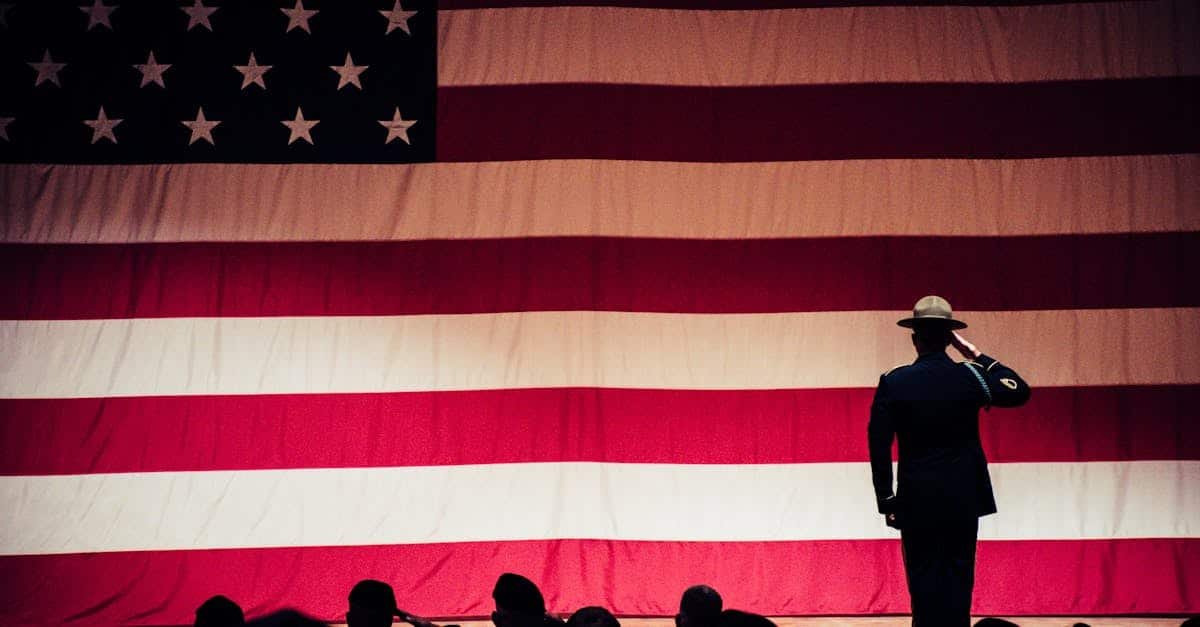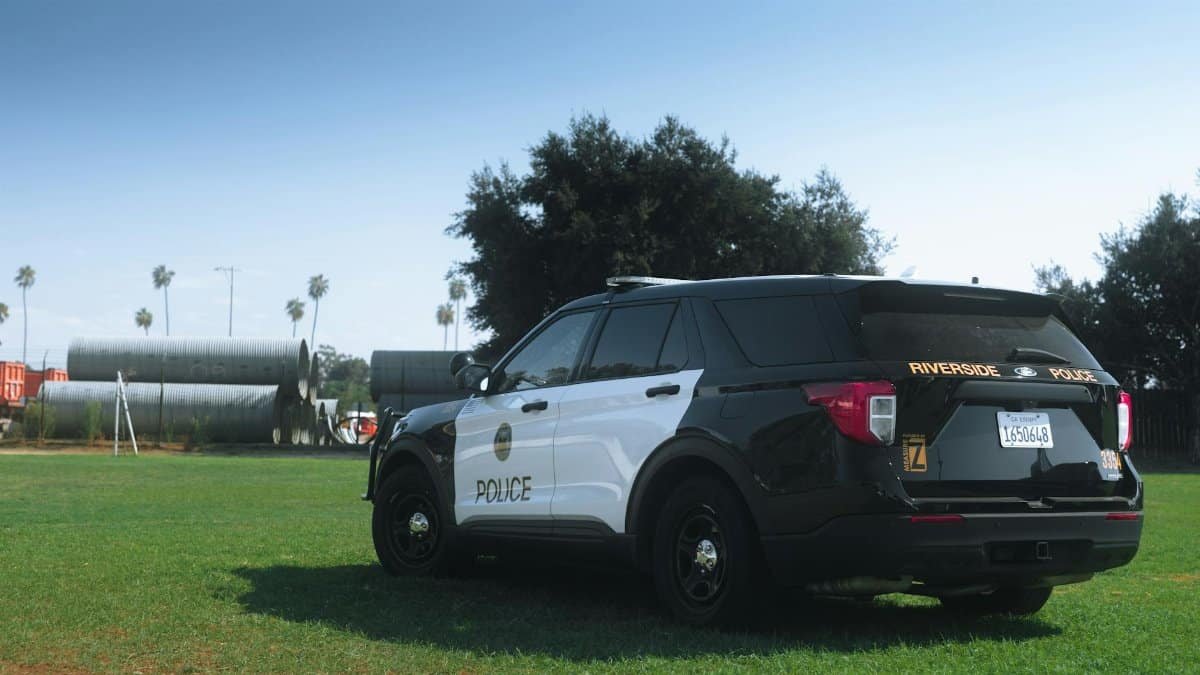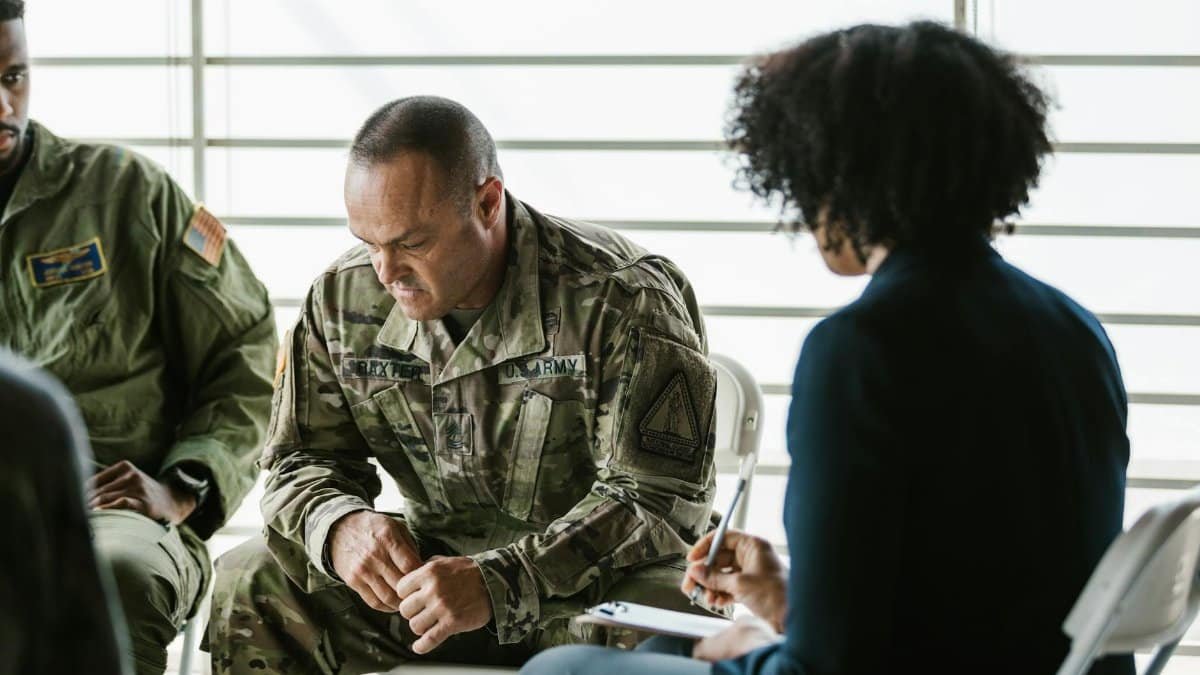Is veterans psychedelic therapy Colorado Springs the key to unlocking mental health relief for those who’ve served? As early 2025 unfolds, a heated battle is brewing in this military-heavy city. Veterans are rallying against local government efforts to curb access to newly legalized psychedelic treatments, particularly psilocybin therapy. Following Colorado’s groundbreaking 2022 ballot measure to legalize such therapies, some conservative city leaders are pushing to limit healing centers. This clash underscores a broader struggle over alternative mental health treatments and local versus state authority.
Veterans Demand Access to Promising Treatments

Colorado’s 2022 Legalization Sets the Stage

The backdrop to this debate is Colorado’s historic 2022 ballot measure, Proposition 122, which legalized psilocybin for therapeutic use. This made the state a pioneer in embracing psychedelics as a mental health treatment. The measure allowed for the establishment of regulated healing centers where individuals could access guided sessions. For many veterans in Colorado Springs, this was a beacon of hope—a chance to explore alternative paths to recovery under professional supervision.
Local Pushback from Conservative Leaders

Despite state-level approval, not everyone in Colorado Springs is on board. Some conservative city leaders are advocating for restrictions that would limit where and how healing centers can operate. Their concerns often center on public safety, potential misuse, and the need for stricter oversight at the local level. This push to impose tighter controls has sparked frustration among veterans who feel their needs are being sidelined by political agendas.
Tension Between State and Local Governance

The conflict in Colorado Springs highlights a larger issue: the friction between state laws and local governance. While Colorado as a whole has embraced psychedelic therapy, individual cities like Colorado Springs have the power to impose their own rules. This creates a patchwork of access, where veterans in one area might benefit from state legalization, while those just miles away face barriers. The situation raises questions about how much autonomy local governments should have over state-approved initiatives.
Psychedelic Therapy’s Potential for PTSD

At the heart of the veterans’ advocacy is the growing body of evidence supporting psychedelic therapy for mental health conditions like PTSD. Research suggests that substances like psilocybin, when used in controlled settings, can help individuals process trauma and reduce symptoms. For veterans in Colorado Springs, this isn’t just theory—it’s a potential game-changer. They argue that restricting access could deny them a treatment that might finally bring relief. For more on the science behind this, see Johns Hopkins Medicine Psychedelics Research.
Broader Implications for Mental Health Care

The debate over veterans psychedelic therapy Colorado Springs extends beyond the city limits. It’s part of a national conversation about how to address mental health crises, especially among those who’ve served. With traditional therapies often failing to meet the needs of veterans, alternative approaches are gaining traction. The outcome in Colorado Springs could set a precedent for how other cities and states balance innovation in mental health care with local control. Additional context on this trend can be found at U.S. Department of Veterans Affairs Mental Health Resources.
What’s Next for Veterans in 2025?

A Community Divided on Healing

Colorado Springs stands at a crossroads. On one side, veterans and mental health advocates champion the potential of psychedelic therapies. On the other, cautious city leaders prioritize control and oversight. The outcome of this debate will likely influence not just access to veterans psychedelic therapy Colorado Springs, but also how communities across the U.S. grapple with integrating alternative treatments into mainstream care. For now, the voices of veterans ring loud, demanding a chance to heal on their own terms.
